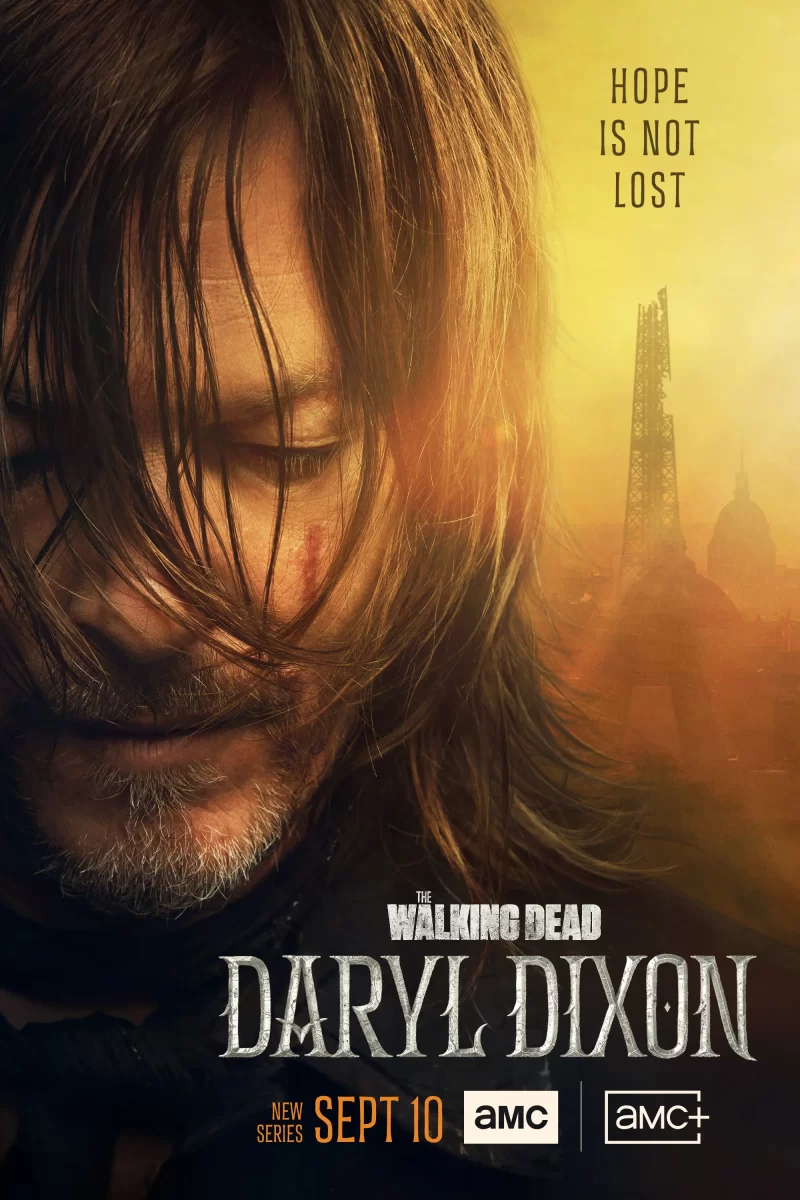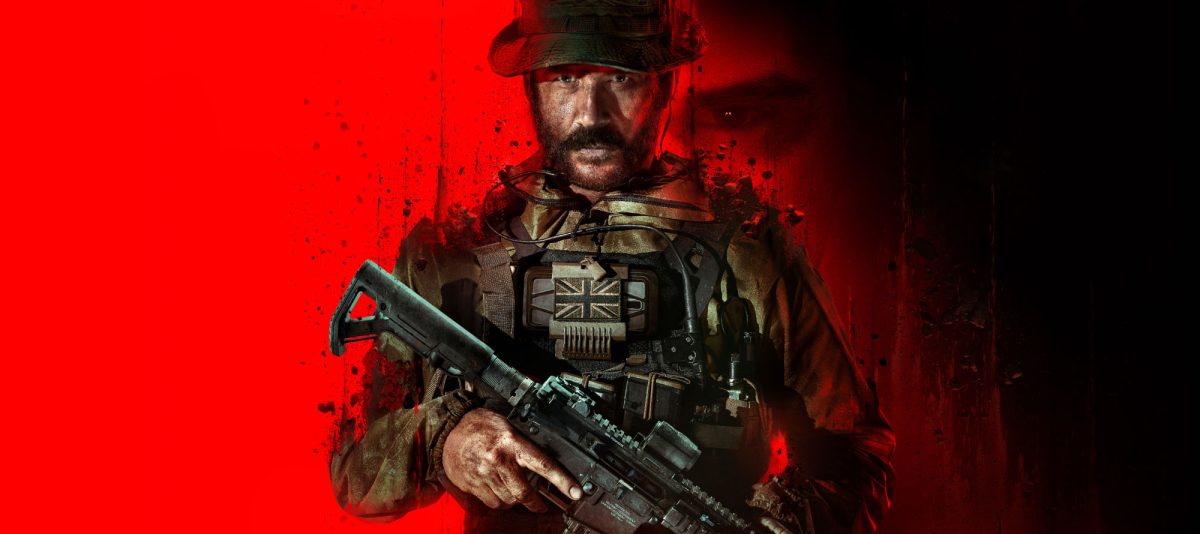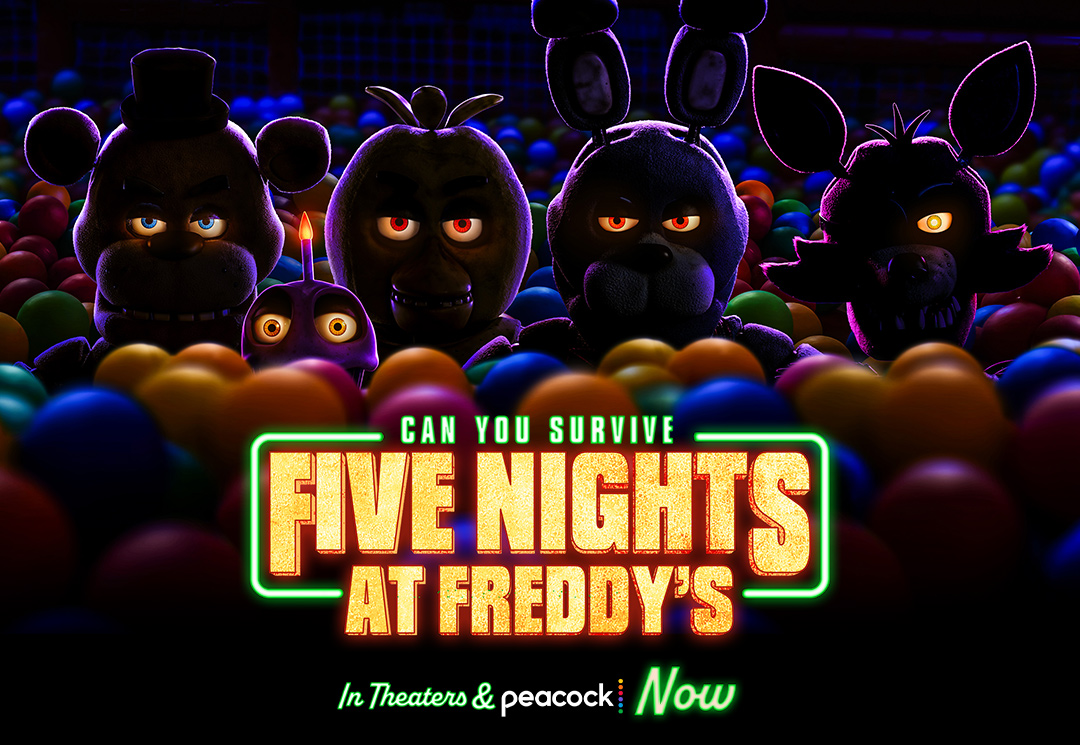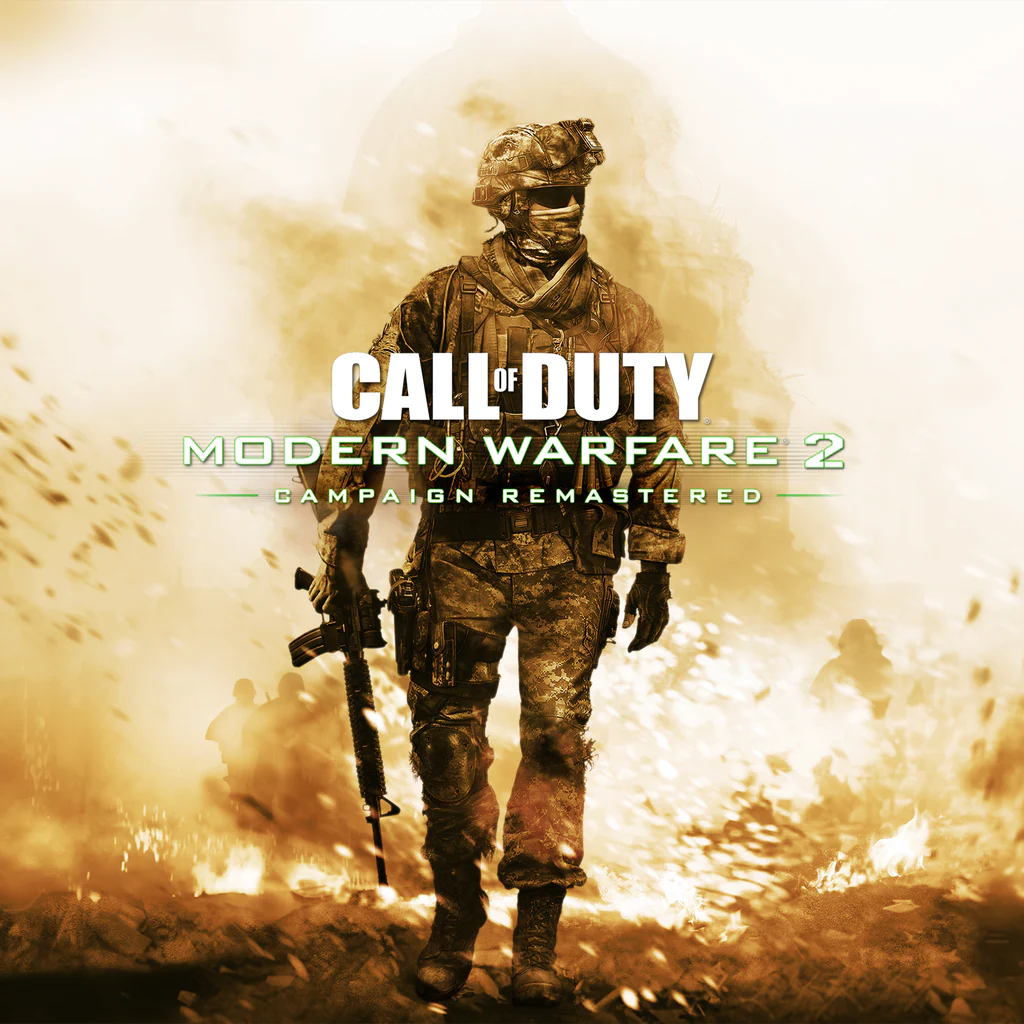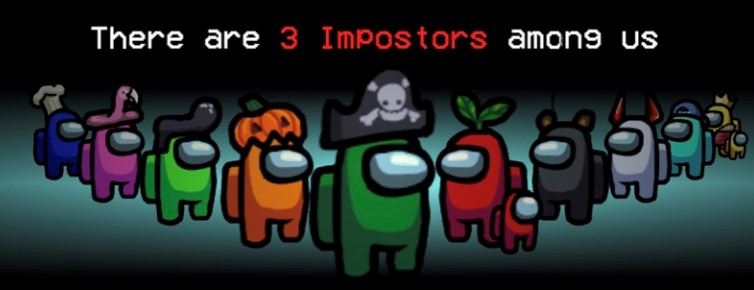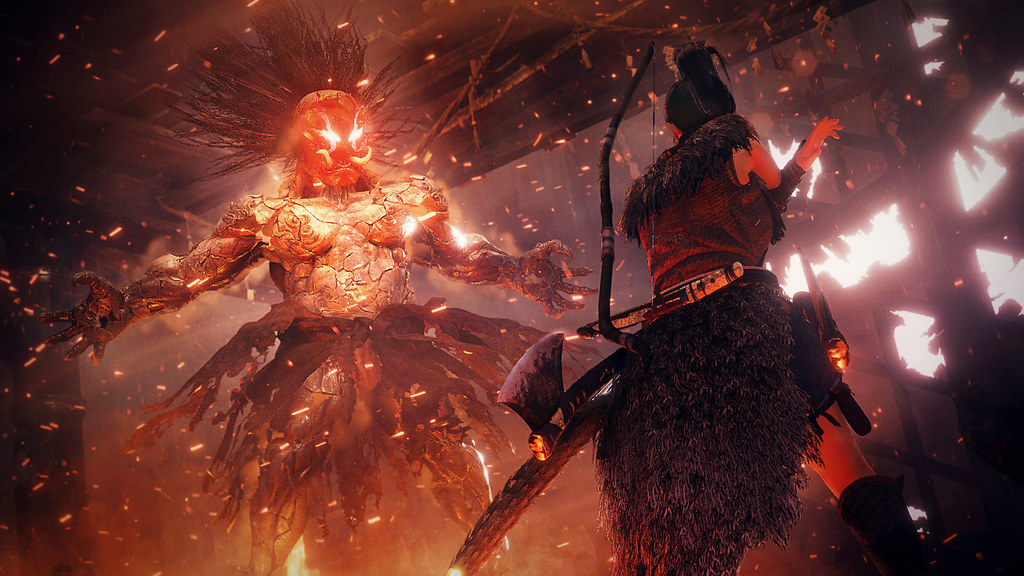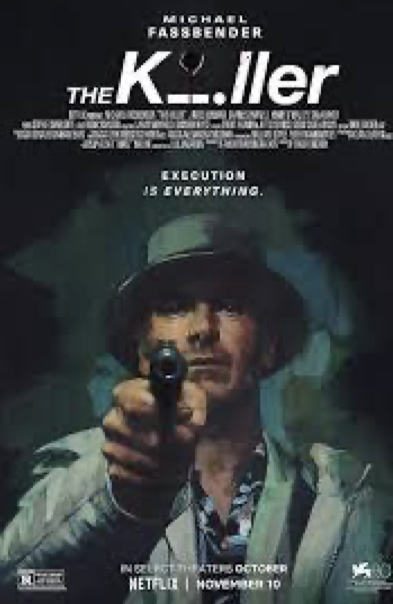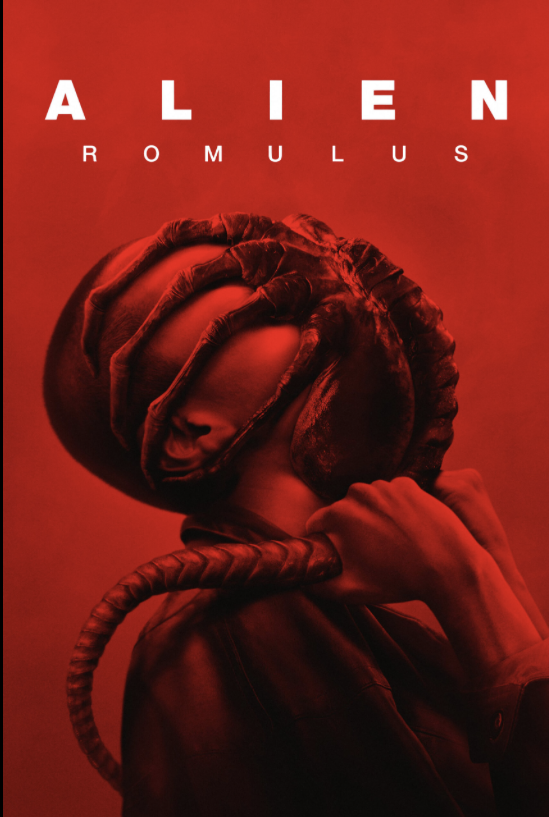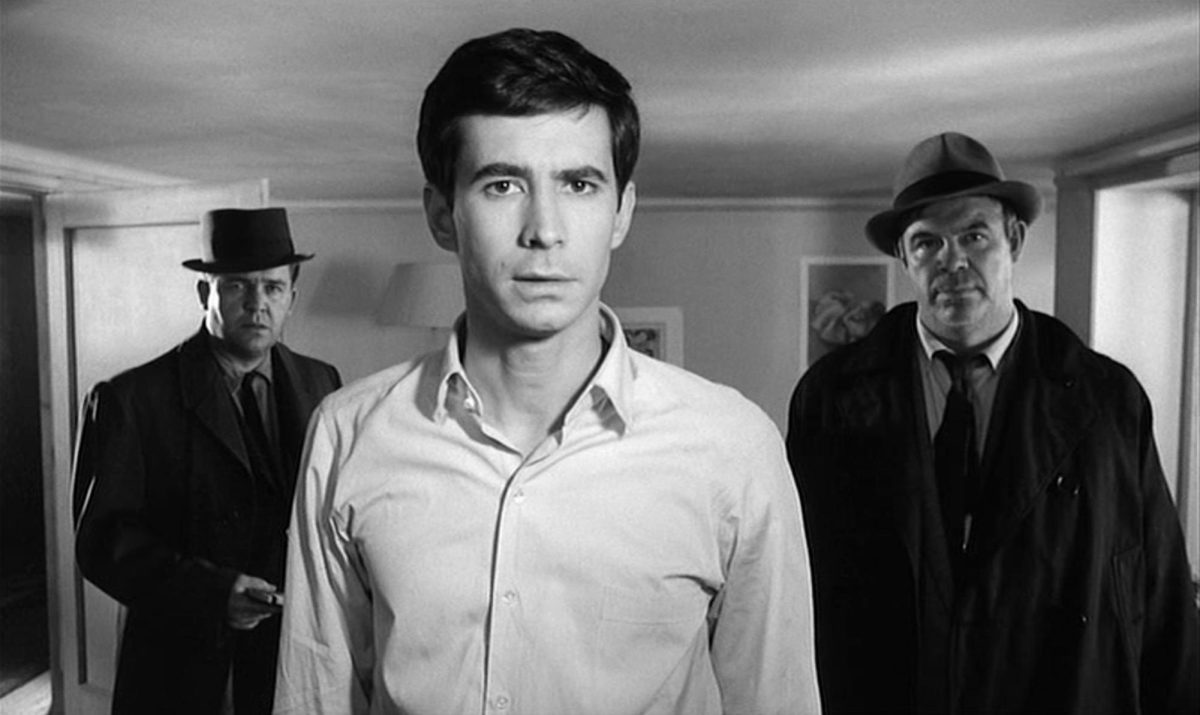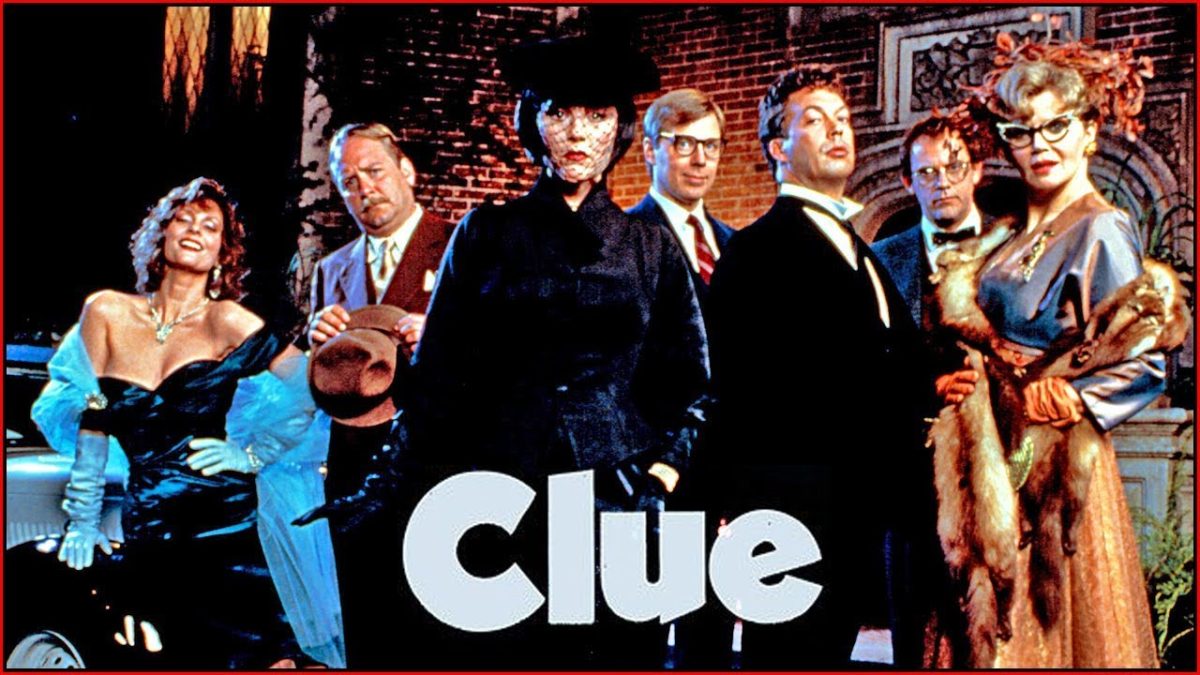By Dan Wenerowicz
When Middle Earth: Shadow of Mordor was released, many were pleasantly surprised by the nemesis system. It brought an entirely new and interesting mechanic to a Lord of the Rings themed open world. Plenty of gamers imagined this system in some of their own favorite game worlds, hoping maybe the nemesis system would be integrated in future iterations of games. Those hopes never came to fruition and gamers have waited three years since the initial release of Shadow of Mordor.
Middle Earth: Shadow of War finally brings us back to the nemesis system, while also improving on virtually every other aspect of the previous game.
Shadow of War picks up directly where Shadow of Mordor left off, starting with the creation of a new ring. Talion, a former ranger turned grave walker, continues to be a human vessel for the elf lord wraith known as Celebrimbor. Their goals are more or less the same as in the first game: Talion wants to free himself of Celebrimbor so he can die and meet his family in the afterlife while Celebrimbor seeks out his revenge against Sauron for tricking him into forging the first ring. Both of their goals intersect, but this time the scope of those goals are much larger. They intend to take down Sauron himself through the use of a second ring of power, forged by Celebrimbor yet again. With the new ring, they must dominate orcs throughout Mordor to build up their own army. A massive orc army is what it will take for the duo to rival the Dark Lord himself.
If the creation of a new ring sounds like a deviation from the Lord of The Rings universe, you are correct, but it doesn’t end there. Liberties on the Lord of The Rings universe are taken in full throughout the entire game. A major example is the way that Shelob is portrayed; as a beautiful young woman with spider morphing abilities instead of exclusively being the nasty speechless spider seen in the movies.
As a huge fan of both the books and the movies within this universe, there were times where this game was difficult to get into, as it is essentially an out of control fan fiction story. It’s easy to see how some may be immediately put off by this, and never give the game a chance. If a game is going to use this deep and storied universe, they better release a story to match. I can’t necessarily say that it has the story to match, but as I made more of an effort to enjoy the story for what it was, I started to appreciate the good aspects.
Characters like Celebrimbor, Eltariel, and Talion really carried the story along. In Shadow of Mordor, I was always interested in delving deeper into that odd dynamic between Talion and Celebrimbor. Even though we know how the story as a whole will come to an end, I couldn’t wait to see exactly how the grave walker and his wraith would end up there. Their banter when moving throughout the world caught a few good laughs, and seeing their stark differences in views made the story that much more interesting despite the over the top fan fiction. I could go on for paragraphs talking about what didn’t make sense in terms of lore within the story. Still, I can’t deny the excitement in seeing Minas Morgul, or fighting any one of the daunting ring wraiths.
In terms of what we are able to see in Shadow of War, the game is huge. There are five zones that we get to explore, each having a vastly different landscape. Talion begins his journey in Minas Ithil, meeting the Gondorian soldiers who inhabit it. Eventually moving to places with snow covered mountains, or even landing just outside of Mount Doom. The graphics looked fantastic, and the game itself ran above 60 fps throughout my entire playthrough on PC.
As great as the environments could look, or as over the top as the story could get, the real star of Shadow of War is the gameplay. The nemesis system was a fantastic system in its original state, and in Shadow of War the system goes to a whole new level. Each and every orc within the game could become an integral part of your particular playthrough, even forming relationships or rivalries that no other players will encounter. Everyone who plays this game has some weird story to tell that almost no one else has experienced. Personally, I had a ton of side stories to tell by the end of my 70-hour playthrough, and I’ll use one of my earliest orc encounters to really display what this system can do.
I encountered an orc captain that I was certainly not ready to fight, and I ended up dying. The orc captain didn’t kill me though; I was killed by a random grunt that got a lucky final hit on me. In Shadow of War, this isn’t just forgotten with a checkpoint load. Instead, that random no name grunt was made a captain, with his own name and title. He was now the “Tark Slayer”, another name for manslayer, and he would remember taking me down in battle. Dying to him didn’t sit well with me though, and I sought out a vendetta mission for the Tark Slayer. We fought man against orc this time, with introductions and all. He even bragged about our last encounter.
This time around I killed him, and he promised that this wasn’t the end. I thought nothing of his declaration, and if this were any other game, I would be right to do so. But the nemesis system threw yet another surprise at me: much later on in the game, I was running to my next objective, not afraid of any orcs standing in my way. I ran into a captain and engaged in another fight. Everything was going great until a random orc captain ambushed me. It wasn’t just any captain though, it was The Tark Slayer. Now he had a metal piece over the spot where I got him last time. He was angry and wanted revenge. Of course, that didn’t happen and I brought him down, but I didn’t kill him. I added him to my army and used him frequently. Throughout my playthrough in that area, he became a Warchief, helped me take over fortresses, and was eventually an Overlord of the whole region.
That entire encounter with the Tark Slayer was entirely random and unscripted. Had I dodged that initial lucky strike, or simply taken him down as a grunt, I never would have thought anything of it. Instead he became a recurring nemesis and eventually a leader in my army, providing a unique tale that most other players will probably never experience. It wasn’t scripted- it was uniquely random, and that is why this game really shines.
I would be remiss if I didn’t talk about the combat that glues the entire game together. The combat still holds that “Arkham philosophy” found in the first game within both stealth and melee combat. However, the tools at our disposal and the way combat flows are entirely improved upon. The new skill tree is massive and each new skill obtained has three other modifiers to try out with it. Combat is now much more than just swing and block. We get numerous abilities to take out any orc in any situation. Each orc captain will have their own weaknesses and strengths, as well as adapting to your combat style. The combat was strong in Shadow of Mordor, and is even more expansive this time.
The combat is at its most thrilling point when taking over orc fortresses. Putting together your own unique orc army and using them to siege the fort alongside you is incredibly fun. For the first time in the series, there is a sense of battle on an epic scale. Every tool you have becomes necessary, and the combat within these forts is intense and rewarding. After each point is taken over in the fortress, the final stage is a boss fight with the overlord in the region. These boss battles and the battles with the ring wraiths are a lot of fun and they highlight even further what the combat system can take the player through.
At this point you are probably wondering if there is anything the game has done wrong. Once you essentially beat Shadow of War, there is a series of about 20 fortress defenses that the player must complete to get the final ending scene. This end game is called Shadow Wars, and it is certainly way too grindy and long, especially to get the final cutscene.
The reason it is grindy owes itself to the fact that the orc armies you must defend yourself against are much higher in level. That is a problem because your own personal orcs are unable to out level you, meaning you have to grind small missions to make your army effective. Then, even when you are leveled up enough, you must also level up your orcs. Either by doing small missions with them, or having them fight other orcs in the fighting pits.
This final endgame brought into question what is now a major controversy in the industry. Did Monolith and WB Games intentionally do this so the player would buy their microtransactions? Microtransactions and loot crates don’t belong anywhere near a single player game. There really is no reason for it, especially in a full priced $60 game with planned DLC. However, I must come to Shadow of War’s defense on its intent with the endgame. Some critics have said that you need legendary orcs to beat shadow wars and that orcs are too hard to get, in turn forcing you to buy loot crates or grind endlessly. This is simply not true for a couple of reasons. One being that I didn’t spend a dime on microtransactions, and was able to beat Shadow Wars with almost entirely epic orcs, which are much easier to get. Second, orcs in loot crates drop at or below your current level, so they aren’t going to help you make your army stronger. This means that the badly designed grind of an endgame owes itself not to malicious loot crates, but most likely to pad the game’s playtime.
Had Shadow of War ended where it did before the endgame, giving you the final cutscene and making shadow wars optional, the game would have been almost flawless. Shadow wars left many with a sour taste though, and I was slightly leaning in that direction as well. Sadly, due to knee jerk reactions to loot crates many players will equate this bad end game to anti-consumer practices. Shadow of War is a fantastic sequel, all the way to the endgame. I dare say one of the best sequels to a game in a while, and I enjoyed almost every minute of my experience of the base game. If it wasn’t for bad business practices and poor end game design, Shadow of War may very well have been a contender for the best game of 2017.















